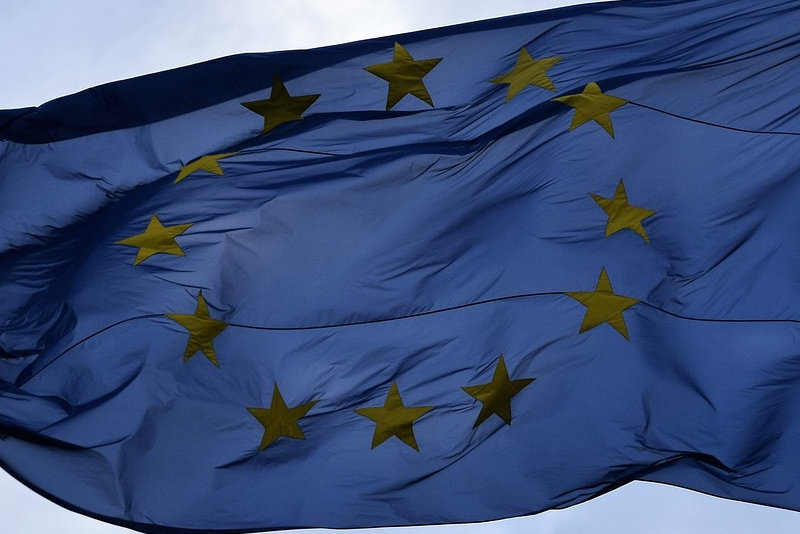Rejection of EU funding could affect Mindanao peace projects

The Philippine government decided to decline new funding from the European Union, which has criticized the Duterte administration's war on drugs and plan to reimpose the death penalty. File
MANILA, Philippines (First Published May 18, 4:56 p.m.) — Rejecting aid from the European Union could cut support to peace-building programs in Mindanao like livelihood assistance in Moro Islamic Liberation Front camps and the delivery of basic services to conflict-affected communities.
In December, the EU approved P200 million in additional funding until 2018 for the Mindanao Trust Fund, a multi-donor grant facility funded largely by the EU.
READ: Philippines ends P13.8-billion funding from European Union
According to past reports, the money will be used to "support the Philippine government’s efforts in monitoring the situation, defusing tension and creating an inclusive political platform that will unite the people of Mindanao."

A guest drinks from a tap connected to a water supply facility built for former guerrillas in Camp Iranun in Barira town in Maguindanao while officials of the Moro Islamic Liberation Front, led by Muhaquer Iqbal, looks on. STAR/John Unson, file
The MTF said on its website that it supports "programs and projects that promote economic opportunity, provide access to basic services and build social cohesion to help create stable and secure communities."
In January, 70 former MILF rebels graduated from an MTF-supported alternative learning program. The fund also helped distribute cattle and put up water stations in MILF Camp Iranun in Barira, Maguindanao.
The MTF has, in the past, provided financial and technical assistance to peace projects like the Sajahatra Bangsamoro, a joint development program between the government and the Moro Islamic Liberation Front. It helps the government deliver health, education and livelihood services to people in MILF communities.
The MILF is responsible for identifying beneficiaries and for monitoring the implementation of development projects.
According to the MTF, the program helped give 23,000 access to health insurance. It also helped identify 13,500 beneficiaries for the government's supplemental feeding program. More than 600 beneficiaries have also entered colleges and universities through the Study Grant Assistance Program.
The Office of the Presidential Adviser on the Peace Process has yet to respond to an email seeking comment.
Rejection on a 'case to case' basis
Presidential spokesperson Ernesto Abella said Thursday that the Philippines has the right to accept loans and grants, but that it also "reserves the right to respectfully decline grants with provisions that allows foreigners to interfere with our conduct and internal affairs."
He also said that the rejection of aid would be on a "case to case" basis.
In the same briefing, Abella said that the statement "will not accept" further aid if they come with conditions that allow what he called interference in Philippine affairs.
"In other words, if it's already accepted, we will assume that — we will assume that that can continue unless further specified," he said.
He also said that continuing programs that might get aid funding cut "will have to be addressed properly by the proper agencies," but that the government "has a response regarding this matter." The president's spokesperson stressed that Duterte, in his foreign trips and in improving relations with China, "has brought in an enormous amount — huge slabs of bacon."
China this week offered the Philippines a $500-million defense loan. The Duterte administration has also brought home $9 billion in loans and $15 billion in investment pledges from China.
EU Ambassador Franz Jessen said in an AP report on Thursday that the Philippines' rejection of EU aid could involve more than 250 million euros ($278.7 million).
Development projects currently using EU assistance include a 35 million euro ($39 million) grant to support the peace process with Muslim rebels in the southern Philippines. — with a report from AP
- Latest
- Trending































